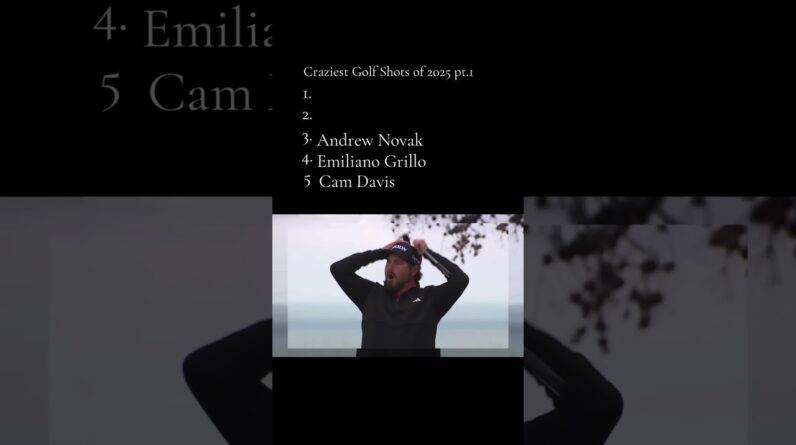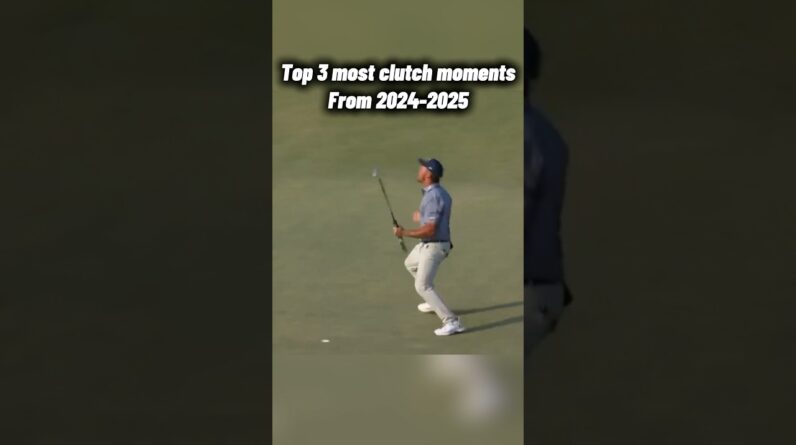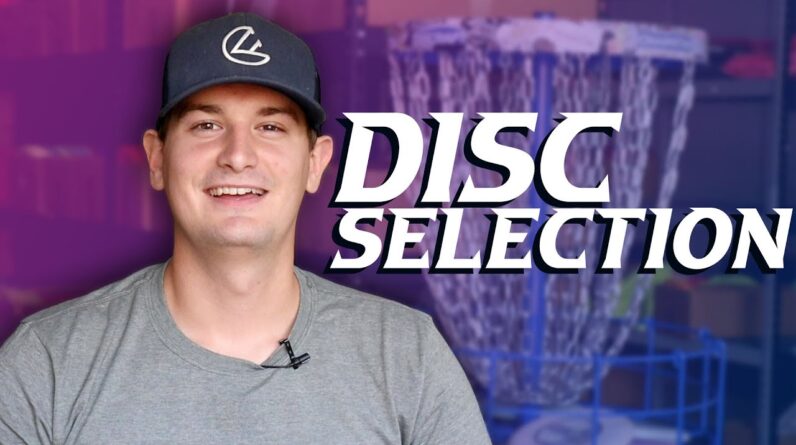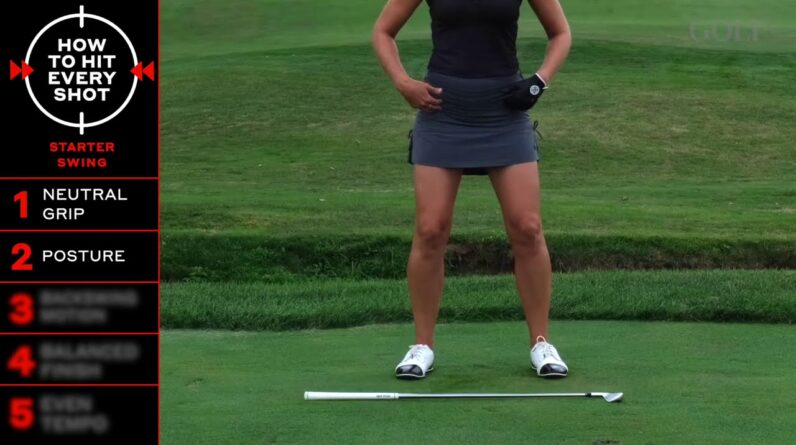How To Swing A Golf Club (like me) | Bryson DeChambeau
understanding Bryson DeChambeau’s Golf Swing Philosophy
Bryson DeChambeau’s approach to swinging a golf club is revolutionary in the modern golf world. Known for his scientific mindset, consistent power, and single-plane swing, Bryson has reshaped how many golfers think about mechanics and performance. To swing like Bryson DeChambeau, you need to adopt both his technical precision and his commitment to understanding the physics behind each shot. Let’s dive into the core elements of his swing technique.
Key components of Bryson DeChambeau’s golf Swing
Every prosperous golf swing involves specific elements working in harmony. Bryson’s swing is unique because of the following features:
- One-plane swing: Bryson keeps his hands and club on a single plane throughout the swing.
- Extended arm length: He uses clubs with longer shafts for greater leverage and power.
- Scientific setup: Emphasis on posture, grip, and alignment based on data and physics.
- Consistent tempo: Smooth backswing with a powerful and aggressive downswing.
- Strong lower body engagement: Power generated primarily from hips and legs.
step-by-Step Guide: How To Swing A Golf Club Like Bryson DeChambeau
1. Perfect Your Setup and Posture
Your golf swing starts before you even move the club. Bryson’s setup is all about consistency and alignment:
- Feet placement: Shoulder-width apart for balance.
- Knees: Slightly flexed to maintain athletic stance.
- Hips and spine: Bend forward at the hips keeping the spine straight.
- Grip: Neutral interlocking or overlapping grip, firm but relaxed.
- Club alignment: Hands and club shaft on the same swing plane.
2. The Backswing: Controlled and On-Plane
Bryson’s backswing is intentional and smooth, prioritizing control over speed.
- Maintain extended arms: Keep the lead arm straight but not locked.
- Rotate shoulders: Turn your shoulder to create torque,keeping the club on the plane.
- keep wrists firm: Minimal wrist hinge to maintain the single-plane swing affect.
3. Downswing: Harness Explosive Power
The downswing is where Bryson shines with his power generation:
- Hip engagement: Start the downswing with your hips rotating aggressively toward the target.
- Maintain swing plane: keep the club on the same plane as your backswing for consistency.
- Release thru impact: Allow the wrists to release naturally just after striking the ball.
4. Follow-Through: Balanced and Extended
Finishing the swing well is key to accuracy and power control:
- Extend arms: Fully extend your arms toward the target.
- Stay balanced: Maintain your posture and balance as you finish high.
- Weight shift: Your weight should be mostly on your front foot.
Why Bryson’s swing Works: The Science Behind The Technique
Bryson DeChambeau’s approach isn’t just about aesthetics—it’s powered by biomechanics and physics. His single-plane swing reduces variables and produces a repeatable motion, cutting down on mishits. The use of longer shafts and single-length irons provides uniformity, making tempo and rhythm easier to maintain. His powerful hip turn and emphasis on leverage maximize clubhead speed, contributing to his signature driving distance.
| Aspect | Conventional swing | Bryson DeChambeau’s Swing |
|---|---|---|
| Club length | Varies by club | Single length (all clubs same shaft length) |
| Swing plane | Multiple planes | Single plane for consistency |
| Power generation | From arms and body | Primarily from strong lower body rotation |
| Tempo | Varied speed | Consistent and rhythmic tempo |
Practical Tips To Incorporate Bryson DeChambeau’s Swing Into Your Game
- Focus on one-plane drills: Use alignment sticks to train keeping your club and arms on a single plane.
- Experiment with club length: Consult a fitter about using single length irons similar to bryson’s setup.
- Build lower body strength: Incorporate exercises focusing on hips, glutes, and core to help your power generation.
- Use video analysis: Record your swing and compare it with Bryson’s to spot areas for improvement.
- Consistent tempo practice: Use a metronome or swing rhythm trainer to synchronize your backswing and downswing.
Common Mistakes to Avoid When Emulating Bryson’s Golf Swing
- Overhitting: Trying to generate too much power too fast can lead to loss of control.
- Ignoring posture: A poor setup can cause swing inconsistencies and injuries.
- Wrist breakdown: Excessive wrist hinge damages the one-plane swing concept.
- Neglecting weight transfer: Staying back on your rear foot reduces power and control.
- Skipping professional guidance: Bryson’s swing is nuanced; a pro can definitely help reproduce it safely and effectively.
firsthand Experience: What Golfers say After Trying Bryson’s swing
Golfers who adopt even parts of Bryson DeChambeau’s swing techniques report significant improvements in power and accuracy. Many appreciate the scientific backing and find the one-plane swing easier to repeat under pressure.
“Switching to a single-plane swing helped me gain better control and distance. I never thought mechanics could be so straightforward yet powerful!” – Amateur Golfer Mark T.
“Bryson’s focus on lower body strength motivated me to train smarter, and my driving distance increased by 15 yards!” – Recreational Player Tim H.
training Drills to Master Bryson DeChambeau’s Swing Mechanics
Practice these drills regularly to build a Bryson-inspired golf swing:
- Alignment Stick Drill: Place an alignment stick along your arms and club shaft to maintain the single plane throughout your swing.
- hip Turn Drill: Practice slow swings focusing only on hip rotation without moving your arms.
- Pause-and-Go Drill: Pause briefly at the top of your backswing and then execute the downswing to promote tempo control.
- Weight Shift Drill: Step on a balance board to improve feeling of transferring weight to the front foot through impact.







